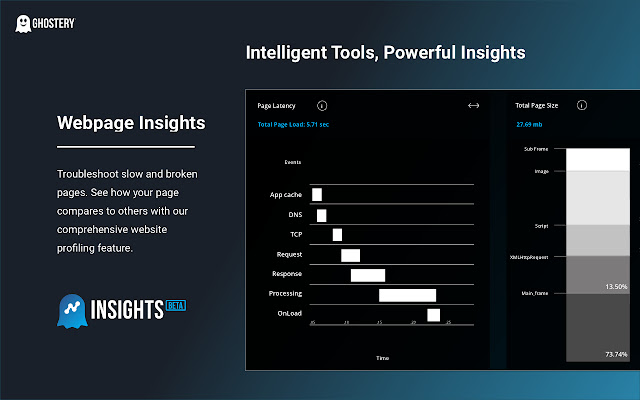
How to Spot Fake or Paid Reviews of Prop Trading Firms
“Trade wisely, trust cautiously.” — in the prop trading world, that line could save both your money and your sanity.
Imagine this: you’re scrolling through Google Reviews or Trustpilot, researching a prop trading firm that promises funded accounts for forex, stocks, crypto, indices, options, and commodities. You see dozens of glowing five-star ratings. Every reviewer sounds ecstatic — almost too ecstatic — about how “life-changing” the firm is. All of them seem to post on the same day, using similar phrases. Your gut says something’s off… and if you ignore that feeling, you might walk straight into a trap.
This guide is all about spotting those traps — the fake or paid reviews designed to lure traders in. When you know the signs, you can separate the hype from reality and choose a firm that actually delivers.
The Telltale Signs of Fake or Paid Reviews
Overly Generic Praise
Real traders talk about specifics: payout timelines, customer support quality, spread execution, platform stability. Fake reviewers tend to keep things vague — “Great company! Made me so much money!” without saying how. If you can replace the company name with any other, it’s probably fluff.
Reviews Posted in Clusters
If a firm gets 100 new five-star reviews in one week after months of inactivity, that’s suspicious. Paid review campaigns often buy packages of posts that all go online at once. Genuine reviews trickle in over time, reflecting organic user experience.
Language Patterns & Repetition
Fake reviews often recycle catchphrases like “best prop firm ever” or “changed my life” multiple times. Use your inner detective: skim the first sentences of each review and see if they sound copy-pasted.
No Balanced Feedback
Real traders usually mix pros and cons (“Support was responsive, but the spreads widened during volatile hours”). Fake reviews are 100% positive — because the people writing them have never actually traded with the firm.
Why It Matters in Prop Trading
Prop trading firms give traders access to capital in exchange for skill and risk management. Whether you’re trading forex swings, S&P 500 futures, crypto breakouts, or commodities hedges, the firm’s real quality determines if you can scale or sink. A bad choice could mean slow payouts, unrealistic rules, or simply losing your funded account for reasons that don’t make sense.
The paid review problem is worse here than in typical services because prop trading attracts high hopes. New traders expect quick success, making them easy targets for marketing scams.
A Quick Reliability Checklist
- Search Beyond Review Sites: Check trading forums, Discord channels, and YouTube commentary from verified funded traders.
- Look for Proof of Payouts: Screenshots or videos showing real transactions to traders’ bank accounts or wallets.
- Investigate Firm History: How long have they been operating? Multiple rebrands in a short period is a red flag.
- Evaluate Rule Transparency: Hidden conditions in their challenge or evaluation phases often signal trouble.
When you filter firms with these lenses, you avoid the sugar-coated marketing traps and focus on verifiable track records.
Industry Trends & Why Due Diligence Matters
The prop trading sector is evolving alongside decentralized finance (DeFi). Smart contracts can automate funding and payouts. AI-driven trade assistance is starting to help firms spot risky traders faster — and help traders analyze markets in real time. But the more advanced the tech, the easier for shady actors to dress up fake legitimacy.
Trading multiple assets (forex, stocks, crypto, indices, options, commodities) has never been more accessible, which makes the industry both more exciting and more volatile. The upside? Skilled traders can diversify income streams. The downside? More players means more noise — and more fake endorsements to sift through.
The Road Ahead
If done right, prop trading has the potential to blend the independence of freelance work with the capital firepower of large institutions. Expect to see:
- Smart-contract-based prop firms with automated trust and payout systems.
- AI trader assessments that speed up the funding process.
- Global multi-asset platforms offering simultaneous accounts across different markets.
But as firms become more sophisticated, marketing will too — meaning the fake review challenge is here to stay.
Slogan & Takeaway
“Don’t just read the stars, read between them.” Your career as a trader is a mix of skill, risk, and trust. Fake or paid reviews are a shortcut to misplaced trust. Keep your research sharp, your skepticism alive, and your trades based on truth rather than hype. In an industry where milliseconds matter, that could be the best trade you’ll ever make.

